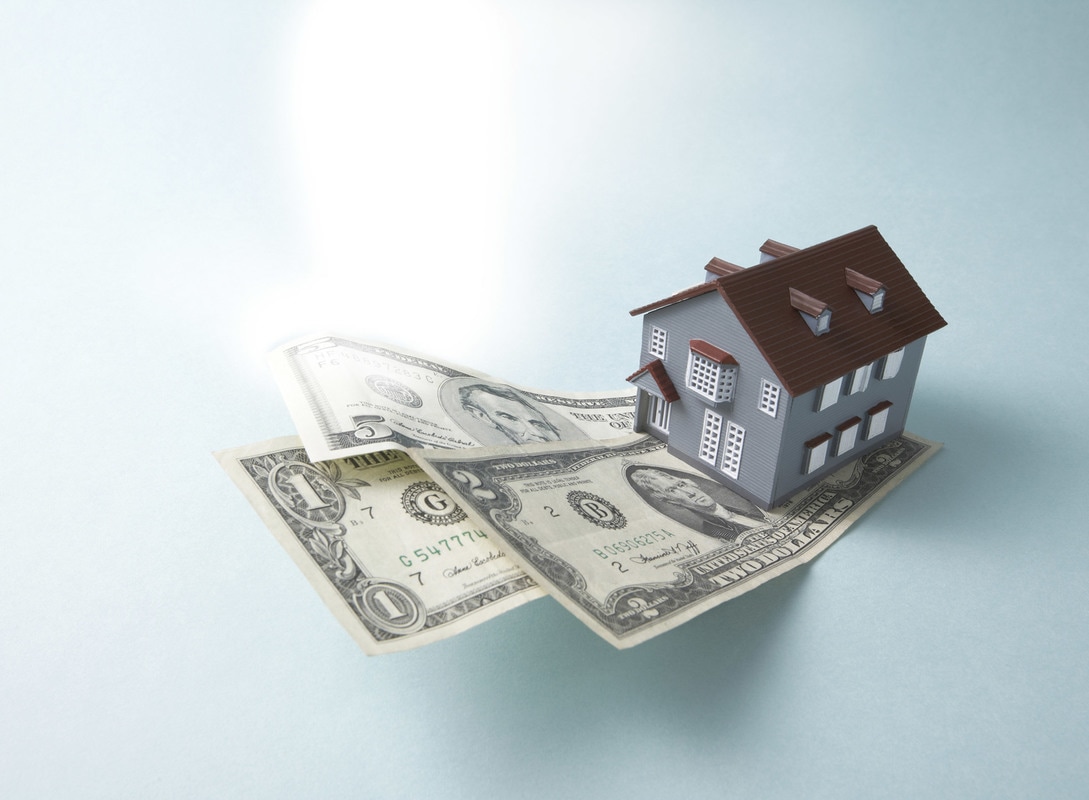|
Buying real estate is about more than just finding a place to call home. Investing in real estate has become increasingly popular over the last 50 years and has become a common investment vehicle.
Although the real estate market has plenty of opportunities for making big gains, buying and owning real estate is a lot more complicated than investing in stocks and bonds. In this article, we'll go beyond buying a home and introduce you to real estate as an investment. PART 3 of 5: Real Estate Trading This is the wild side of real estate investment. Like the day traders who are leagues away from a buy-and-hold investor, the real estate traders are an entirely different breed from the buy-and-rent landlords. Real estate traders buy properties with the intention of holding them for a short period of time, often no more than three to four months, whereupon they hope to sell them for a profit. This technique is also called flipping properties and is based on buying properties that are either significantly undervalued or are in a very hot market. Pure property flippers will not put any money into a house for improvements; the investment has to have the intrinsic value to turn a profit without alteration or they won't consider it. Flipping in this manner is a short-term cash investment. If a property flipper gets caught in a situation where he or she can't unload a property, it can be devastating because these investors generally don't keep enough ready cash to pay the mortgage on a property for the long term. This can lead to continued losses for a real estate trader who is unable to offload the property in a bad market. A second class of property flipper also exists. These investors make their money by buying reasonably priced properties and adding value by renovating them. This can be a longer-term investment depending on the extent of the improvements. The limiting feature of this investment is that it is time intensive and often only allows investors to take on one property at a time. SOURCE: http://www.investopedia.com/articles/pf/06/realestateinvest.asp
0 Comments
Space at home a little tight? Nerves a little frayed? Give us a call. We can help. You never know - a home might be more affordable than you think! 919realty.com
From all of us at 919 Realty, we thank you so much for all you do. 919 Realty and Homeside are teaming up to offer this amazing grant program to first time home buyers and hometown heroes (Police, Firefighters, Educators, Veterans, Healthcare Workers). The program flyer is below.
This grant program is amazing, offering up to $7,500 in free money to assist in closing cost, and even paying down your principal in some cases. Imagine stepping into a home you have equity in before even living in it! For more information on this incredible program, click the button below. Buying real estate is about more than just finding a place to call home. Investing in real estate has become increasingly popular over the last 50 years and has become a common investment vehicle.
Although the real estate market has plenty of opportunities for making big gains, buying and owning real estate is a lot more complicated than investing in stocks and bonds. In this article, we'll go beyond buying a home and introduce you to real estate as an investment. PART 2 of 5: Real Estate Investment Groups Real estate investment groups are sort of like small mutual funds for rental properties. If you want to own a rental property, but don't want the hassle of being a landlord, a real estate investment group may be the solution for you. A company will buy or build a set of apartment blocks or condos and then allow investors to buy them through the company, thus joining the group. A single investor can own one or multiple units of self-contained living space, but the company operating the investment group collectively manages all the units, taking care of maintenance, advertising vacant units and interviewing tenants. In exchange for this management, the company takes a percentage of the monthly rent. There are several versions of investment groups, but in the standard version, the lease is in the investor's name and all of the units pool a portion of the rent to guard against occasional vacancies, meaning that you will receive enough to pay the mortgage even if your unit is empty. The quality of an investment group depends entirely on the company offering it. In theory, it is a safe way to get into real estate investment, but groups are vulnerable to the same fees that haunt the mutual fund industry. Once again, research is the key. SOURCE: http://www.investopedia.com/articles/pf/06/realestateinvest.asp Finding the best mortgage for your situation is the key to being a successful homeowner. It could mean the difference between being able to afford your mortgage payments and finding yourself underwater or foreclosed. We will be able to explain each financing option to you and help you find a great lender. Call us. We can help. 919realty.com
Buying real estate is about more than just finding a place to call home. Investing in real estate has become increasingly popular over the last 50 years and has become a common investment vehicle.
Although the real estate market has plenty of opportunities for making big gains, buying and owning real estate is a lot more complicated than investing in stocks and bonds. In this article, we'll go beyond buying a home and introduce you to real estate as an investment. PART 1 of 5: Basic Rental Properties This is an investment as old as the practice of land ownership. A person will buy a property and rent it out to a tenant. The owner, the landlord, is responsible for paying the mortgage, taxes and costs of maintaining the property. Ideally, the landlord charges enough rent to cover all of the aforementioned costs. A landlord may also charge more in order to produce a monthly profit, but the most common strategy is to be patient and only charge enough rent to cover expenses until the mortgage has been paid, at which time the majority of the rent becomes profit. Furthermore, the property may also have appreciated in value over the course of the mortgage, leaving the landlord with a more valuable asset. According to the U.S. Census Bureau, real estate has consistently increased in value from 1940 to 2006, then proceeded to dip and rebound from 2008 to 2010 and has been increasing overall. There are, of course, blemishes on the face of what seems like an ideal investment. You can end up with a bad tenant who damages the property or, worse still, end up having no tenant at all. This leaves you with a negative monthly cash flow, meaning that you might have to scramble to cover your mortgage payments. There is also the matter of finding the right property. You will want to pick an area where vacancy rates are low and choose a place that people will want to rent. Perhaps the biggest difference between a rental property and other investments is the amount of time and work you have to devote to maintaining your investment. When you buy a stock, it simply sits in your brokerage account and, hopefully, increases in value. If you invest in a rental property, there are many responsibilities that come along with being a landlord. When the furnace stops working in the middle of the night, it's you who gets the phone call. If you don't mind handyman work, this may not bother you; otherwise, a professional property manager would be glad to take the problem off your hands, for a price, of course. SOURCE: http://www.investopedia.com/articles/pf/06/realestateinvest.asp Has your newest addition made your current living situation a little cozier? If so, let's have a chat. We can explore every option available to you and come up with a strategy. Who knows, you may be more prepared than you think.
To find out more, click the button below. |
Archives
August 2019
Categories
All
|










 RSS Feed
RSS Feed
